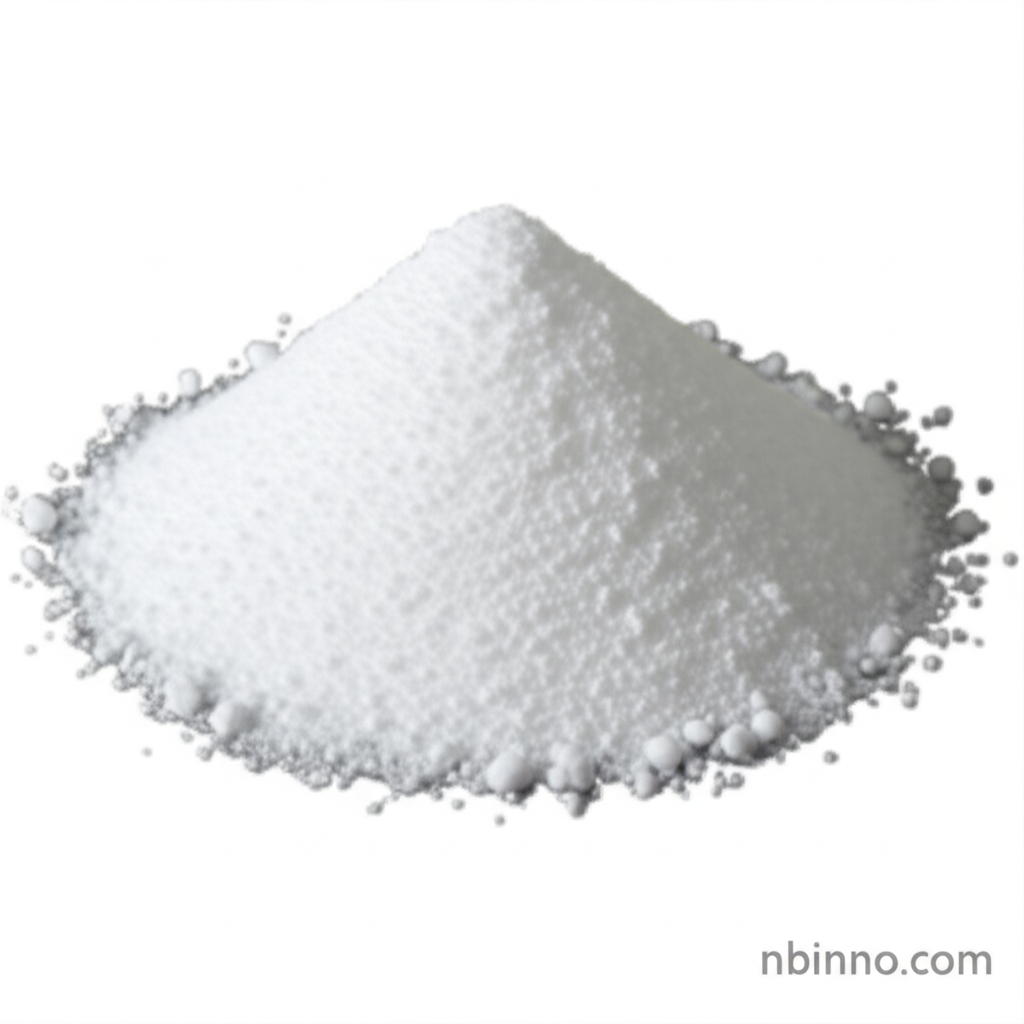Kojic Acid Dipalmitate: A Safe and Effective Skin Whitening Agent
Discover the benefits of Kojic Acid Dipalmitate for skin whitening, food, and pharmaceuticals.
Get a Quote & SampleProduct Core Value

Kojic Acid Dipalmitate
Kojic acid dipalmitate is a potent inhibitor of melanin formation, offering superior tyrosinase inhibition compared to other whitening agents. It safely penetrates skin cells to prevent melanin synthesis, leaving skin brighter and more elastic without adverse effects. Its dual function as a water-retaining agent enhances skin elasticity, making it a key ingredient in advanced whitening cosmetics for treating pigmentation and age spots.
- Inhibiting tyrosinase activity is crucial for preventing skin pigmentation, and Kojic Acid Dipalmitate excels in this area.
- Experience the benefits of safe skin whitening agents with Kojic Acid Dipalmitate's non-toxic profile.
- Improving skin elasticity is a key advantage, as Kojic Acid Dipalmitate helps retain moisture within the skin.
- The antioxidant properties in food offered by Kojic Acid Dipalmitate ensure better preservation and color protection.
Product Advantages
Superior Melanin Inhibition
Kojic acid dipalmitate offers exceptional tyrosinase inhibition, providing effective skin whitening and addressing pigmentation concerns.
Enhanced Skin Elasticity
Its ability to retain water in the intercellular spaces leads to visibly improved skin elasticity and hydration.
Versatile Industry Applications
From cosmetics and food preservation to pharmaceuticals and agriculture, its utility is remarkably broad.
Key Applications
Cosmetic Formulations
Kojic acid dipalmitate is a staple in lotions, masks, and creams for its potent skin whitening and anti-pigmentation effects, contributing to the overall effectiveness of kojic acid dipalmitate cosmetic ingredients.
Food Preservation
Its preservative, antiseptic, and antioxidant properties make it a valuable food additive, enhancing antioxidant properties in food and preventing nitrosamine formation in processed meats.
Pharmaceutical Intermediates
As a raw material for antibiotics like cephalosporin, it plays a role in developing drugs for inflammation and pain relief, demonstrating its value as a kojic acid dipalmitate pharmaceutical raw material.
Agricultural Enhancement
In agriculture, it serves as a key component in biopesticides and growth enhancers, boosting crop yields, aligning with its role in biopesticide production.
